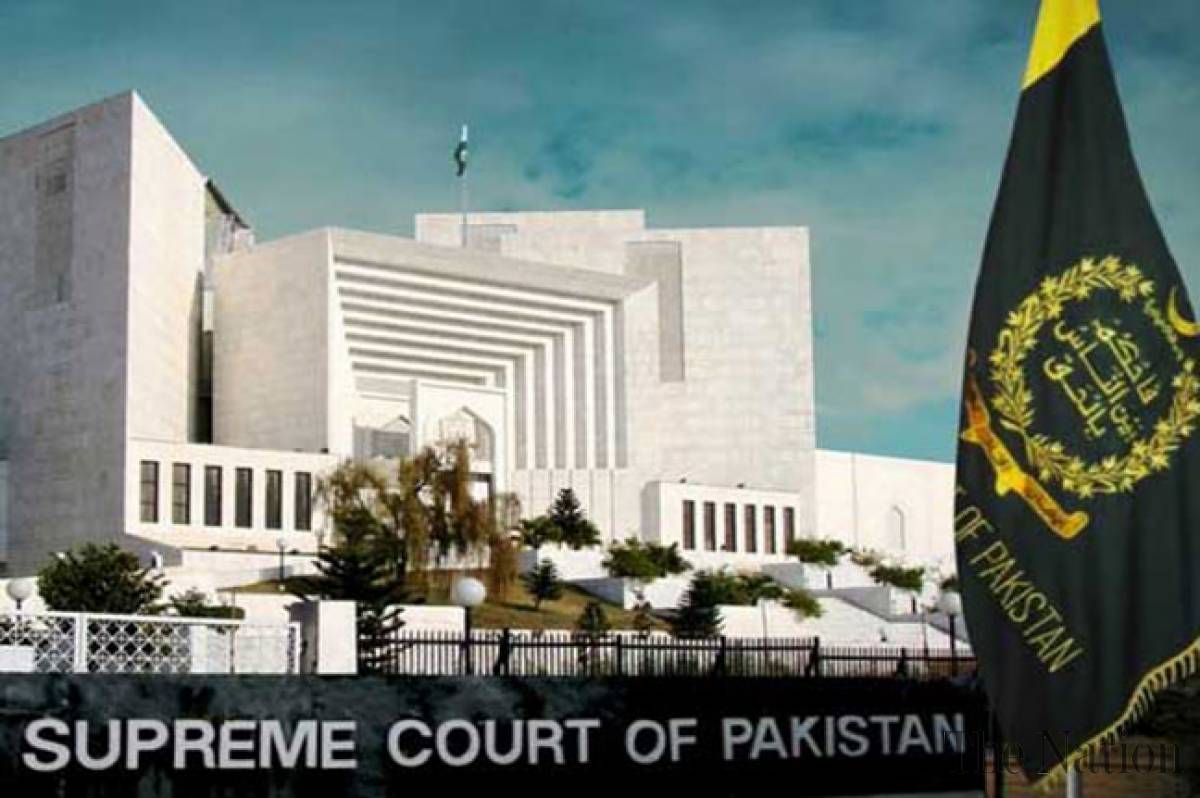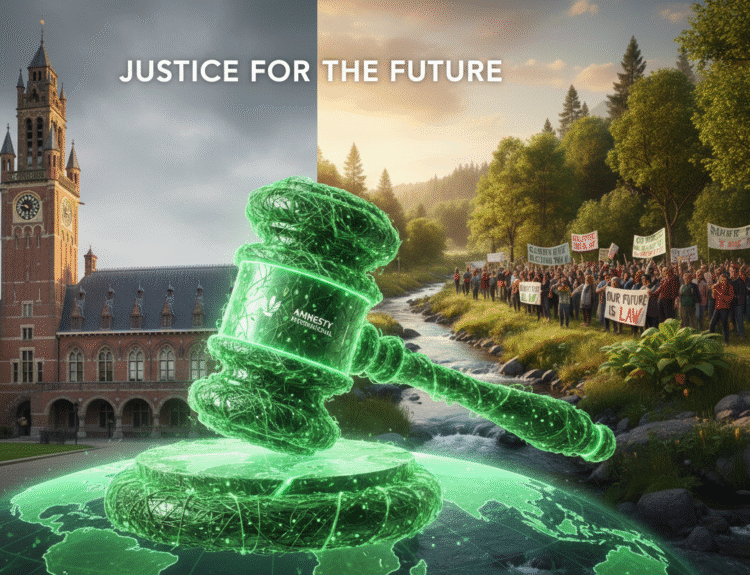Supreme Court on Tuesday declared DNA tests without consent in civil cases as violation of an individual’s fundamental right that constitutional provisions guaranteed for personal freedom and private life.
Authoring a seven-page verdict in the matter, Justice Mansoor Ali Shah of the Supreme Court struck down order of the Lahore High Court (LHC) on the appeal against a lower court’s verdict.
The court said that the persons whose DNA was ordered were not party to the case. The case stemmed from a property dispute case. The LHC had ordered the DNA test of Taj Din, Zubaida Bibi and Muhammad Nawaz. However, while annulling the LHC order, the apex court upheld the trial court’s order.
It has been stated in the judgment that involuntary DNA tests in civil cases were against personal freedom and private life. “Articles 9 and 14 of the Constitution guarantee the protection of personal freedom and private life,”.
The judgment stated that conducting a DNA test without consent was interference in the private life and violation of fundamental right. The judgment stressed that DNA tests were allowed but not in civil cases. The SC verdict further stated that according to the Shahada (evidence) law, the paternity of a child born during marriage could not be doubted.





